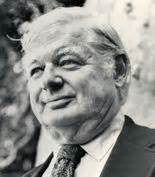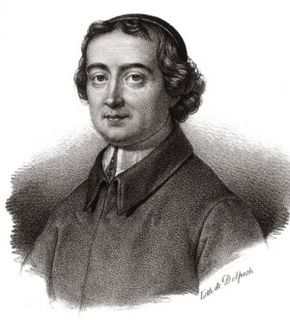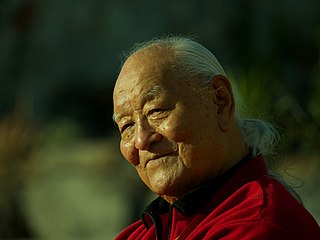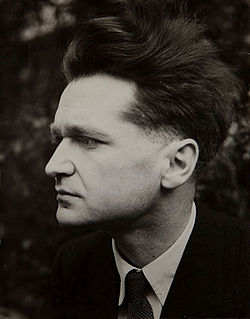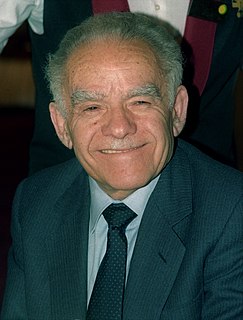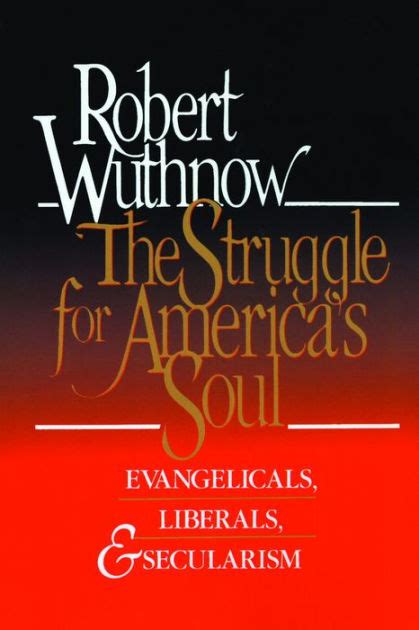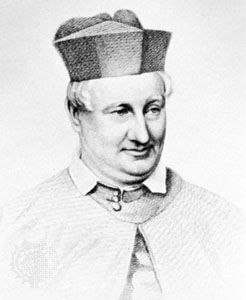A Quote by Emile M. Cioran
Every profound dissatisfaction is of a religious nature: our failures derive from our incapacity to conceive of paradise and to aspire to it, as our discomforts from the fragility of our relations with the absolute.
Related Quotes
For paradise we long. For perfection we were made...This longing is the source of the hunger and dissatisfaction that mark our lives...This longing makes our loves and friendships possible, and so very unsatisfactory. The hunger is for...nothing less than perfect communion with the...one in whom all the fragments of our scattered existence come together...we must not stifle this longing. It is a holy dissatisfaction. Such dissatisfaction is not a sickness to be healed, but the seed of a promise to be fulfilled...The only death to fear is the death of settling for something less.
Both our present science and our present technology are so tinctured with orthodox Christian arrogance toward nature that no solution for our ecologic crisis can be expected from them alone. Since the roots of our trouble are so largely religious, the remedy must also be essentially religious, whether we call it that or not. We must rethink and refeel our nature and destiny.
Duality is the real root of our suffering and of all our conflicts. All our concepts and beliefs, no matter how profound they may seem, are like nets which trap us in dualism. When we discover our limits we have to try to overcome them, untying ourselves from whatever type of religious, political, or social conviction may contain us. We have to abandon such concepts as 'enlightenment', 'the nature of the mind', and so on, until we no longer neglect to integrate our knowledge with our actual existence.
This Civil Rights Act is a challenge to all of us to go to work in our communities and our states, in our homes and in our hearts, to eliminate the last vestiges of injustice in our beloved country. So tonight I urge every public official, every religious leader, every business and professional man, every working man, every housewife - I urge every American - to join in this effort to bring justice and hope to all our people, and to bring peace to our land.
We have been crafted by disaster to push out to the utmost horizon to find out what's on the other side of it. That's in our nature. What's also in our nature is a profound love and connection to our children and our communities. Those two things are very much at conflict with one another at certain moments.
I think what you're seeing is a profound recognition on the part of the American people that gays and lesbians and transgender persons are our brothers, our sisters, our children, our cousins, our friends, our co-workers, and that they've got to be treated like every other American. And I think that principle will win out.
It is taboo in our society to criticize a persons religious faith... these taboos are offensive, deeply unreasonable, but worse than that, they are getting people killed. This is really my concern. My concern is that our religions, the diversity of our religious doctrines, is going to get us killed. I'm worried that our religious discourse- our religious beliefs are ultimately incompatible with civilization.
The danger, then, is that materialism is not only shaping how we live but the way we think as well. It influences our consumer tastes and our preference for high-paying jobs, but it also alters our capacity to pray, the nature of our prayers, and the ways in which religious tutelage instructs our values.
It is not true that the legislator has absolute power over our persons and property, since they pre-exist, and his work is only to secure them from injury. It is not true that the mission of the law is to regulate our consciences, our ideas, our will, our education, our sentiments, our works, our exchanges, our gifts, our enjoyments. Its mission is to prevent the rights of one from interfering with those of another, in any one of these things.
The Blessed Sacrament is the magnet of souls. There is a mutual attraction between Jesus and the souls of men. Mary drew Him down from heaven. Our nature attracted Him rather than the nature of angels. Our misery caused Him to stoop to our lowness. Even our sins had a sort of attraction for the abundance of His mercy and the predilection of His grace. Our repentance wins Him to us. Our love makes earth a paradise to Him; and our souls lure Him as gold lures the miser, with irresistible fascination


